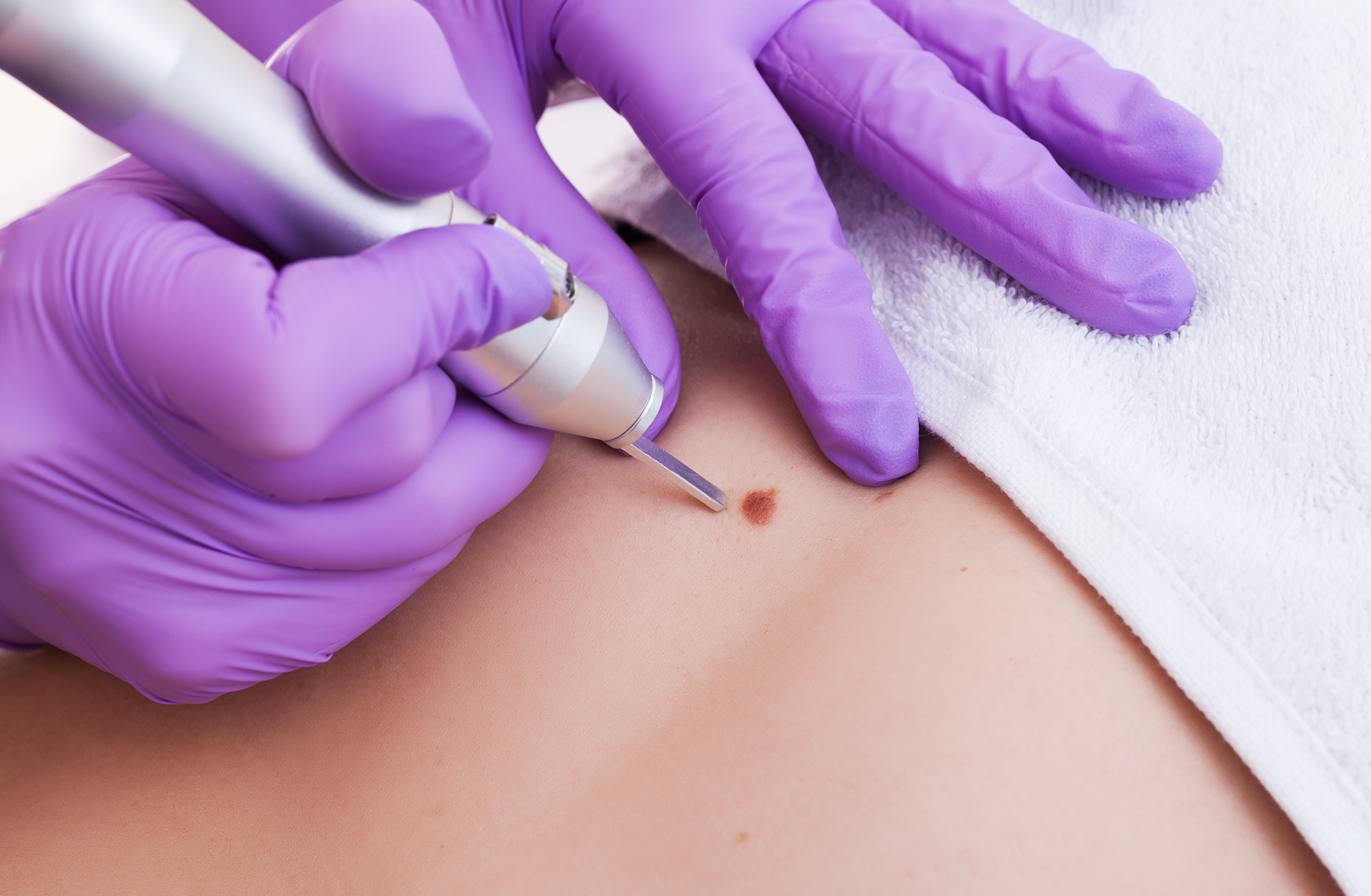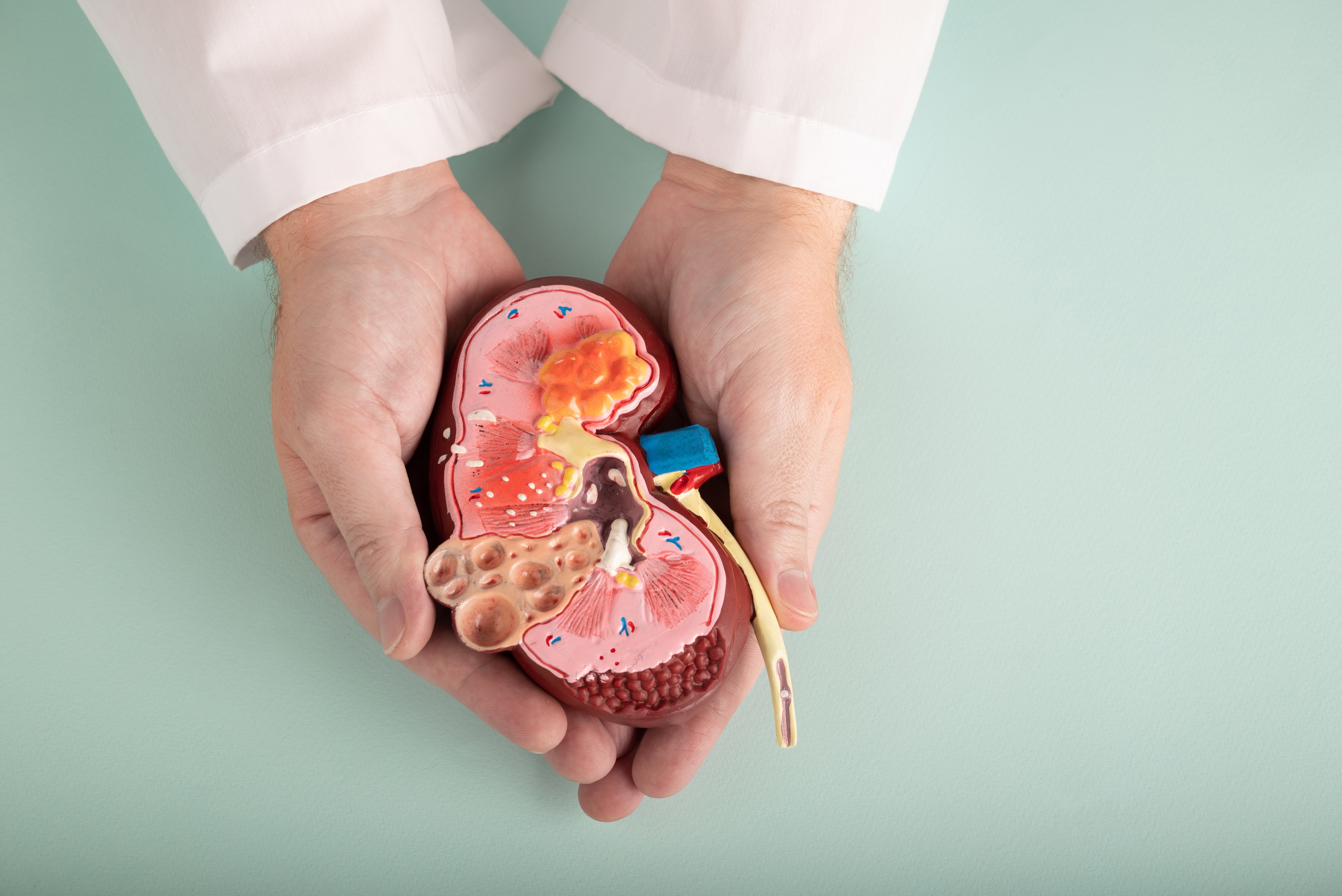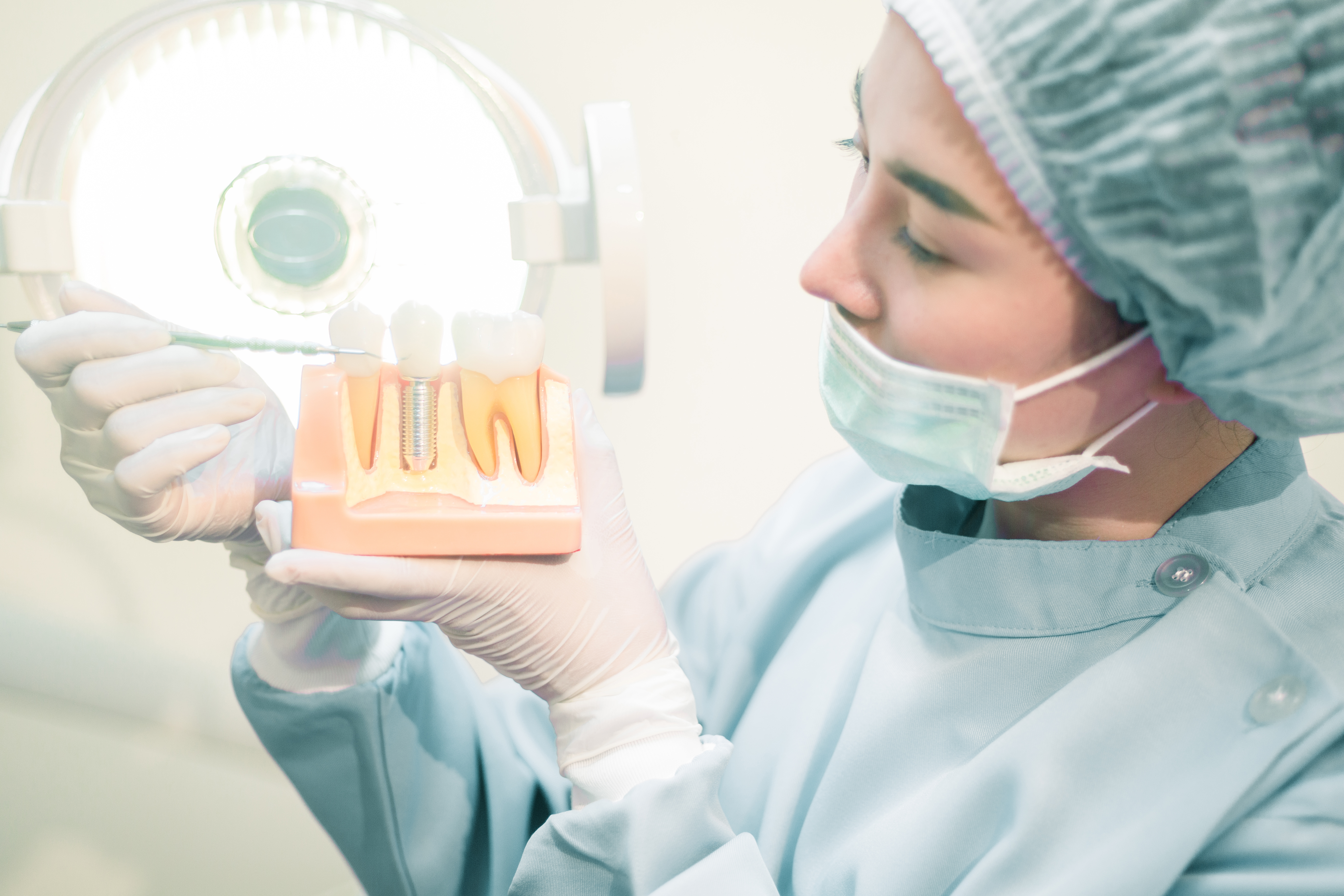
IVF (In Vitro Fertilization): Procedure, Costs, and Risks
In vitro fertilization, or IVF, is a type of fertility treatment in which sperm and eggs are mixed together outside of the body in a laboratory. It's a technique utilized by those who need help getting pregnant. IVF is a successful method of assisted reproductive technology (ART), despite having many intricate steps.
Take the first step towards better health. Uncover the details of this medical procedure and contact us to schedule a consultation with our experienced medical team.
What is IVF?
A type of assisted reproductive technology (ART) known as in vitro fertilization (IVF) involves the fertilization of sperm and eggs outside of the human body, and manually mixing sperm and eggs in a lab to fertilize the eggs.
The fertilized egg, now known as an embryo, is implanted inside a uterus a few days after fertilization when this embryo embeds itself in the uterine wall, pregnancy results.
Why Do You Need IVF?
If you or your partner are having difficulty getting pregnant, or if one of you has an existing medical condition, IVF can be an option.
IVF is also commonly used to treat infertility in the following patients:
- Endometriosis.
- Blocked or damaged fallopian tubes.
- Women who experience irregular ovulation, early ovarian failure, or uterine fibroids.
- Other ovarian disorders, such as polycystic ovary syndrome (PCOS).
- Problems with the uterus.
- Women who have had their fallopian tubes removed.
- Sperm deficiencies or low sperm counts.
- The possibility of passing on a genetic condition or disease.
What Happens Before IVF?
Before IVF starts, you must find a reputable fertility clinic or hospital. After that, you and your partner will probably require several screening tests before you begin an IVF cycle using your eggs and sperm. These consist of:
- Consultation with medical experts to go over the specifics of the IVF procedure.
- A uterine exam, up-to-date Pap test, and mammogram (if over 40).
- A semen analysis.
- Screening for infectious diseases and STIs (sexually transmitted infections).
- Tests for blood and urine, as well as ovarian reserve.
- Instructions on how to administer fertility medications.
- Screening for genetic carriers.
- Evaluation of the uterine cavity using saline-infused sonography (SIS) or hysteroscopy.
You should begin taking folic acid supplements at least three months before embryo transfer, as directed by your doctor.
IVF Procedure
Firstly, the IVF procedure step involves taking fertility drugs for several months to help your ovaries produce some eggs that are mature and ready for fertilization. This is called ovulation induction. You may have regular ultrasounds or blood tests to measure hormone levels and monitor egg production.
Your doctor will take the mature eggs from your body once your ovaries have generated an adequate number (egg retrieval). A simple surgical procedure called egg retrieval can be performed at a fertility clinic or in the hospital.
Your doctor will give you medication to help you feel calmer and more relaxed during the procedure. They will insert a tiny, hollow tube into your ovary and the follicles that contain your eggs using an ultrasound to view inside your body. The eggs are carefully extracted from each follicle using suction equipment attached to the needle.
One or more embryos are transferred into your uterus (this is known as embryo transfer) 3-5 days after the egg retrieval. The embryo is inserted into your uterus by a small tube that the doctor inserts right through your cervix.
How Long Does an IVF Process?
IVF is a multi-step, challenging process. The procedure should take four to six weeks on average.
This includes the period before the embryo transfer if the person takes fertility drugs until a pregnancy test is conducted.
However, the process can occasionally take longer if these processes are split into separate sections—plan on being at the clinic or hospital.
What Are the Risks of IVF?
An IVF is generally safe. However, like all medications and medical procedures, this procedure has risks and possible side effects.
Risks and complications are uncommon but may include:
- Passing a tiny amount of fluid following the surgery may be transparent or have a bloody tint.
- Light cramps.
- Slight bloating.
- Constipation.
- Headaches.
- Mood swings.
- Abdominal pain.
- Hot flashes.
- Heavy vaginal bleeding.
- Pelvic pain.
- Urine with blood in it.
- A fever over 38°C.
What Can You Expect After IVF?
You can get back to your normal activities immediately after the embryo transfer.
About two weeks following the embryo transfer, your doctor will likely have you take a pregnancy test to see if you're pregnant.
After your embryo transfer, schedule time to relax for the rest of the day. The next day, you are able to return to your regular activities.
For the first 8–10 weeks following the embryo transfer, you may also be prescribed progesterone pills or receive daily injections. The hormones make it easier for the embryo to survive in your uterus.
How Much IVF is at Bali International Hospital?
The estimated average IVF in Indonesia costs around IDR 188.784.000 to IDR 314.640.000.
At Bali International Hospital, we believe that wellness is unrivaled in healing your body, mind, and soul. Hence, as one of the centers of excellence, our fertility center at Bali International Hospital is committed to prioritizing heart health by offering comprehensive assessments and treatments.
Our services include preventive care, early detection, diagnostics, and treatment of a wide range of fertility problems with unparalleled expertise and cutting-edge medical technology right in the heart of Bali.
Let’s start your path to renewal at Bali International Hospital now!
Related Articles

Mole surgery is a safe procedure with a relatively high success rate. What preparations are needed ...

Kidney stones (nephrolithiasis) are hard objects formed from chemicals in the kidneys. Once formed, the stone ...

Dental implants can be an excellent solution for replacing damaged or lost adult teeth. Before deciding ...

